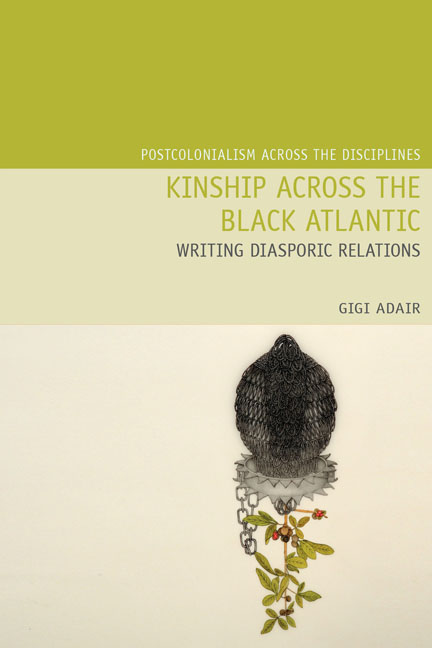3 - ‘As constricting as the corset they bind me in to keep me a lady’: colonial historiography in Andrea Levy's The Long Song
Summary
The potential for literature to imagine what might have been, and to thereby negotiate and rework tensions between categories of history and fiction, gains particular relevance in a black Atlantic, postslavery context. Wendy Walters argues that writers of fiction can influence historiography in such cases not only by imagining otherwise, with an interest in ‘imagining the possible [rather than] explaining the evidence’, but also by showing and challenging the limits of ‘the master's violent, scandalous archive’. In interviews, Andrea Levy has spoken both of her sense of a lost history and of learning to rediscover and re-imagine that history by reading archival materials against the grain. On the one hand, she notes that ‘three hundred years of history— the history of the enslaved people of the Caribbean—are missing from the record. Just a big black hole’. O n t he other, s he has described her a rchival research and the process of learning to read the nineteenth-century Jamaican materials, including books and journals from white residents and visitors, between the lines, in order to ‘stare back at these testimonies from the point of view of the people they were describing’.3 In other words, she suggests that at least some of the history of enslaved peoples can be extracted from the ‘black hole’ of the colonial archive through a reading that is both careful and creative. Levy's description of her own research and creative process thus parallels the two trends which Walters identifies in contemporary historical research on and literary responses to slavery: noting ‘the gaps, silences, and missing pieces of the archives’ and reading ‘the masters’ own archive for a paper trail of resistance’. Levy again demonstrates her attunement to current historiographical debates when she notes the limitations of available nineteenth-century Caribbean slave narratives: because they were produced or mediated by the British abolitionist movement, they are ‘tailored to a political cause aimed at changing white public opinion’. Similarly, Anita Rupprecht argues that white abolitionist movements avoided depicting slave resistance in order to maintain the image of enslaved Africans as ‘innocent, and more importantly, passive victims’; thus they ensured the inscription of the trope of slave passivity within the archive. These archival limitations underscore the important work that fiction, with its comparatively greater freedom to imagine otherwise, might do.
- Type
- Chapter
- Information
- Kinship Across the Black AtlanticWriting Diasporic Relations, pp. 85 - 104Publisher: Liverpool University PressPrint publication year: 2019



